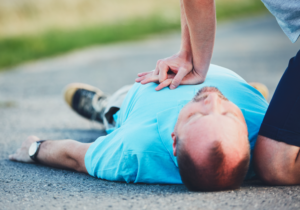 Stress has a horribly negative effect on your body.
Stress has a horribly negative effect on your body.
The physical manifestation may begin as anxiety but it can quickly lead to high blood pressure, heart palpitations and even chest pains. Any discomfort centered in the chest is disarming and can make you worry. Rightly so, but it is important to know how to distinguish a possible heart attack from acute stress or a panic attack.
Prevention is the best medicine.
- Eliminate things and people that cause you stress. Avoid it as much as you can even if it means saying no to people or events you would normally agree too.
- The heart is a muscle. WOrking out and getting cardiovascular exercise can help your body deal more easily with stress.
- Stop smoking.
- Check your cholesterol.
- High Blood Pressure left unregulated can wear out the heart and valves. Monitor your blood pressure. If it’s consistently high, talk with your doctor.
- Eat lots of grains and fruits
- Get omega-3’s in daily
- Avoid trans fats
- Talk. Venting is healthy for your mind, soul, and body.
- Too much sugar can damage arteries. Monitor your blood sugar levels.
If your chest feels weird – like it’s under pressure, aches, has pain, heart palpitations or other uncomfortable sensations or just sense that something may be wrong, never ignore it and just hope it will go away. Visit Tampa Cardiovascular Associates. Worrying about your health and the unknown can also cause undue amounts of stress, when one visit and a checkup could very well put your fears to rest.
If you are in the Tampa, Florida area we invite you to give us a call today 813-975-2800 or visit www.tampacardio.com. Our expert staff can help you get a clear picture of what is going on with your heart and your health and set you on the course to the best possible stress free mindset and healthy body possible.
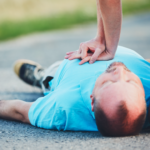
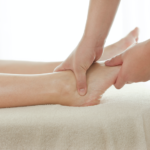
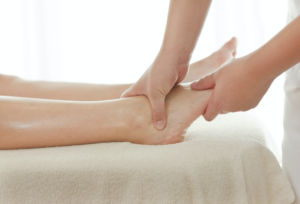 When we are in pain, we look for any and all possible solutions to get to a place of feeling well again. When your muscles get tight a therapeutic massage can help to work the tension out. It only makes logical sense that you may wonder if massage would be a viable solution for the pain of varicose veins. The answer is, unfortunately, no.
When we are in pain, we look for any and all possible solutions to get to a place of feeling well again. When your muscles get tight a therapeutic massage can help to work the tension out. It only makes logical sense that you may wonder if massage would be a viable solution for the pain of varicose veins. The answer is, unfortunately, no.
 We are hearing an awful lot about genetics and health in the news these days. It may be causing you to wonder if your mother, aunt or grandmother had spider veins – you are destined to get them as well?
We are hearing an awful lot about genetics and health in the news these days. It may be causing you to wonder if your mother, aunt or grandmother had spider veins – you are destined to get them as well? 
 Most people will just assume that they are getting dehydrated and need to up the water intake or shop for a better quality moisturizing lotion. The thing is if found in conjunction with other signs and symptoms ashy itchy legs may indicate an underlying venous deficiency.
Most people will just assume that they are getting dehydrated and need to up the water intake or shop for a better quality moisturizing lotion. The thing is if found in conjunction with other signs and symptoms ashy itchy legs may indicate an underlying venous deficiency.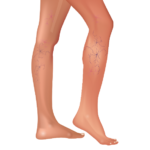
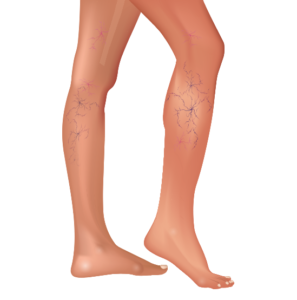 We were amazed to find just how much misinformation is floating around out there on the world wide web. No wonder everyone is so confused. Allow us to clarify.
We were amazed to find just how much misinformation is floating around out there on the world wide web. No wonder everyone is so confused. Allow us to clarify.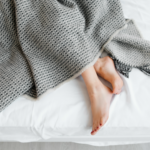
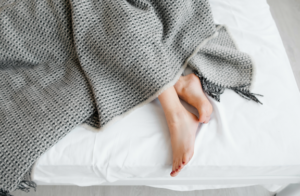 When you try and lay down at night to fall asleep do your legs start moving and twitching involuntarily? This is what is known as Restless Leg Syndrome. It can range from uncomfortable to incredibly annoying, even painful and lead to insomnia, which in turn can bring about other lack of sleep related health problems.
When you try and lay down at night to fall asleep do your legs start moving and twitching involuntarily? This is what is known as Restless Leg Syndrome. It can range from uncomfortable to incredibly annoying, even painful and lead to insomnia, which in turn can bring about other lack of sleep related health problems.